In the 1940s, American films modified. Flashbacks started for use in outrageous, unpredictable methods. Soundtracks flaunted voice-over commentary, and characters may pivot from a scene to handle the viewer. Incidents had been replayed from completely different characters’ viewpoints, and typically these variations proved to be false. Films now plunged viewers into characters’ recollections, desires, and hallucinations. Some movies didn’t have protagonists, whereas others centered on anti-heroes or psychopaths. Women could be on the verge of insanity, and neurotic heroes lurched into violent confrontations. Combining many of those components, a brand new style emerged—the psychological thriller, populated by girls in peril and harmless bystanders focused for dying. If this seems like as we speak’s cinema, that’s as a result of it’s. In Reinventing Hollywood: How 1940s Filmmakers Changed Movie Storytelling (PDF), knowledgeable writer David Bordwell examines the total vary and depth of tendencies that crystallized into traditions. He exhibits how the Christopher Nolans and Quentin Tarantinos of as we speak owe an immense debt to the dynamic, often delirious narrative experiments of the Forties. Through in-depth analyses of movies each well-known and just about unknown, from Our Town and All About Eve to Swell Guy and The Guilt of Janet Ames, Bordwell assesses the period’s distinctive achievements and its legacy for future filmmakers. Reinventing Hollywood is a groundbreaking examine of how Hollywood storytelling grew to become a extra advanced artwork and important studying for lovers of common cinema. 978-0226487755, 978-0226487892, 978-0226639550 NOTE: This product only contains the ebook Reinventing Hollywood: How 1940s Filmmakers Changed Movie Storytelling in PDF. No access codes included.
Sale!
Reinventing Hollywood: How 1940s Filmmakers Changed Movie Storytelling – PDF
eBook details
- Author: David Bordwell
- File Size: 4 MB
- Format: PDF
- Length: 592 Pages
- Publisher: University of Chicago Press
- Publication Date: October 2, 2017
- Language: English
- ASIN: B074L2CP5Y
- ISBN-10: 022648775X, 022648789X, 022663955X
- ISBN-13: 9780226487755, 9780226487892, 9780226639550
Original price was: $28.50.$11.00Current price is: $11.00.
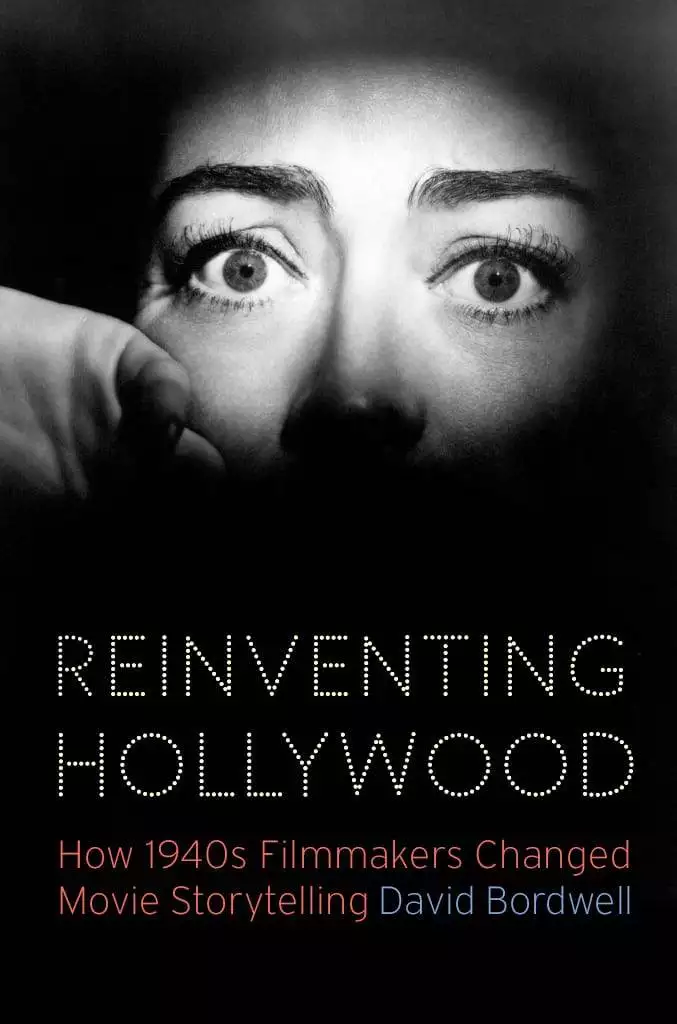

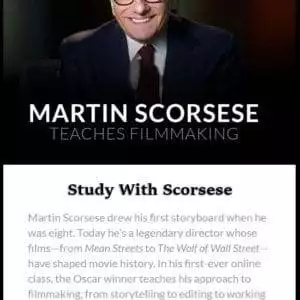
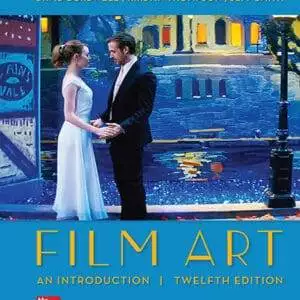
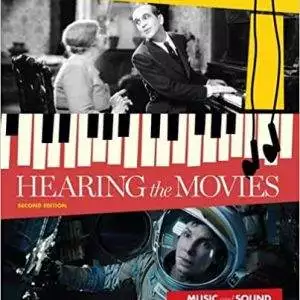
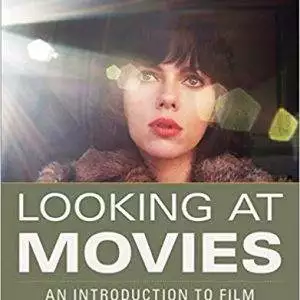
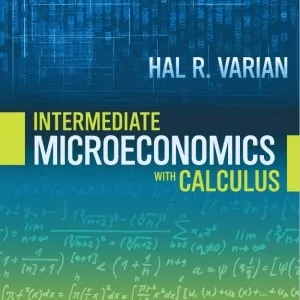
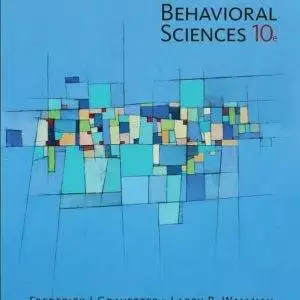
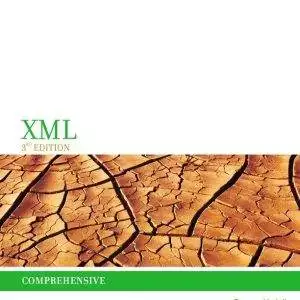
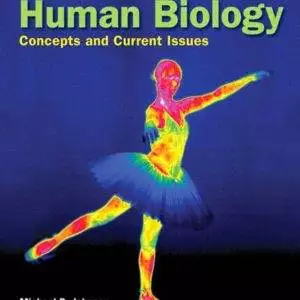
Reviews
There are no reviews yet.